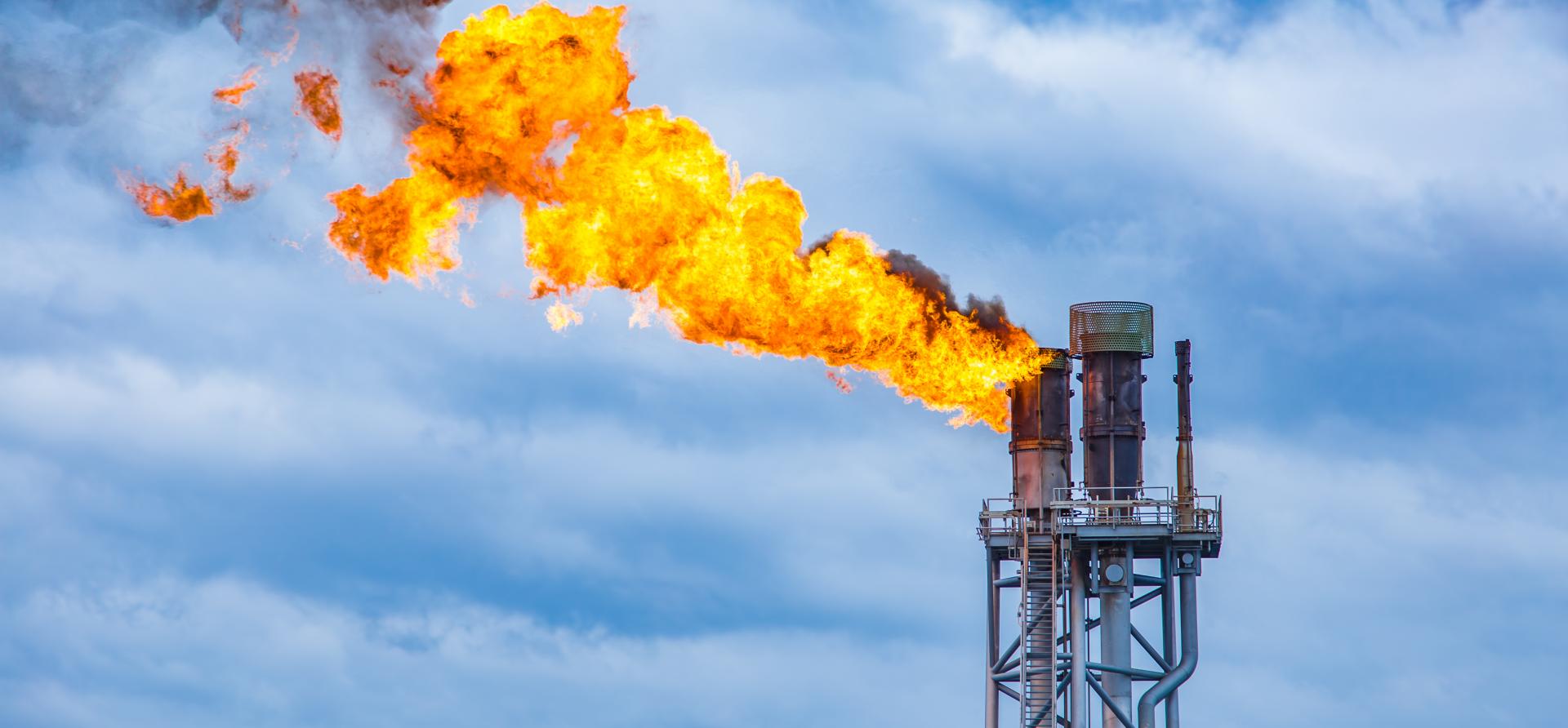IEEFA Update: Australia’s National Natural-Gas Scandal

The alleged gas “crisis” in Australia is patently not about supply. It is about systematic abuse by a handful of gas oligarchs to reap giant profits and rig prices. The creation of such a “crisis” is as politically convenient for politicians as it is economically and financially advantageous for the handful of companies running this national sideshow.
With the rewards of power, profit and incumbency, why would either the cartel or our political leaders desire a meaningful outcome? The Turnbull government’s failure over the last few weeks to curb LNG exports is deeply troubling.
This failure to act will cause further harm to our national prosperity. Let’s not delude ourselves, the gas industry in this country is not a free market, it is a highly-regulated market, openly abused by just a handful of extremely powerful companies. It is a deliberately distorted market, distorted by design to inflate prices, and in turn profits. It is designed to entrench the cartel’s power.
Who will continue to suffer? Australian industry, small businesses and consumers in towns and suburbs across the country, from Glenelg to Gympie.
Let’s be clear about the supposed supply issue. There is none.
THIS ENTIRE CHARADE IS A BUSINESS MODEL ENGINEERED BY FOUR ENERGY COMPANIES—BHP, ORIGIN ENERGY, SANTOS AND SHELL—to restrict supply to Australians in order to force prices up. It is not true that unlocking onshore gas resources in Victoria and New South Wales would solve the repeated price gouging witnessed in those two states.
To strip things back to the undeniable basics—Victoria produces more gas than it consumes —sending surplus gas to Adelaide, Tasmania and Sydney. Extracting more gas domestically is simply too high a cost in a world where there is a glut in supply and prices have crashed.
Greater transparency and greater bipartisan political courage will be required to break up this cartel.
Likewise, suggestions that producing high-cost gas from remote regions in the Northern Territory is plainly not a globally competitive solution. Similarly, the uneconomic Narrabri project is no solution to the current gas price problem. Suggesting these are realistic or financial or indeed economically sensible solutions is misleading and reckless. Investors should not be led to believe these sorts of projects have any future. Suggesting that public funds be used to prop up these illusory projects (pure stranded assets by design) of the cartel is outrageous.
Why are Australians subsidizing purely loss making gas exports while being stung on price? Why is there any hesitation to tackle any multinationals deliberately distorting a market, driving up prices, masterminding misleading debate and damaging other industry?
IEEFA believes that when it comes to energy policy, the market should operate freely. What we have seen in this unsavory national debate is misinformation, a desire to protect and enhance the standing of the handful of companies who have willfully sought to gouge on price and potentially cripple key elements of the Australian economy. Our national leaders and parliamentarians must be completely clear on what is going on here.
This is not a supply issue. This is a price issue. An issue of profit and power. The real debate should be centered on why are we not seeking greater transparency, greater consumer and business protection from price gouging, enhanced competition and a strong willed, bi-partisan political desire to break up this cartel.
WHY ARE AUSTRALIANS SUBSIDIZING PURELY LOSS MAKING GAS EXPORTS while being stung in their homes on price? Why is there any hesitation to tackle any company or gang of multinationals that are deliberately distorting a market, deliberately driving up prices, masterminding a misleading debate and damaging other industry?
Prime Minister Turnbull is further risking Australia’s economic competitiveness by not standing up to the gas cartel. The Federal Government needs to act urgently to put in place practical solutions, some modelled on the WA gas reservation policy, others focused on breaking up this undue market power. IEEFA believes that Australia urgently needs a domestic gas reservation policy to bring prices down.
Bruce Robertson is an IEEFA investment analyst. A version of this column first appeared on The Big Smoke, an Australian commentary clearinghouse.
RELATED POSTS:
IEEFA Update: Australia’s Natural-Gas Cartel Is Bleeding Australia
IEEFA Report: ‘Pipe Dream’ Rationale for North East Gas Interconnector in Australia
IEEFA Australia: Escalating Financial Risk in Adani’s Abbot Point Coal Terminal















